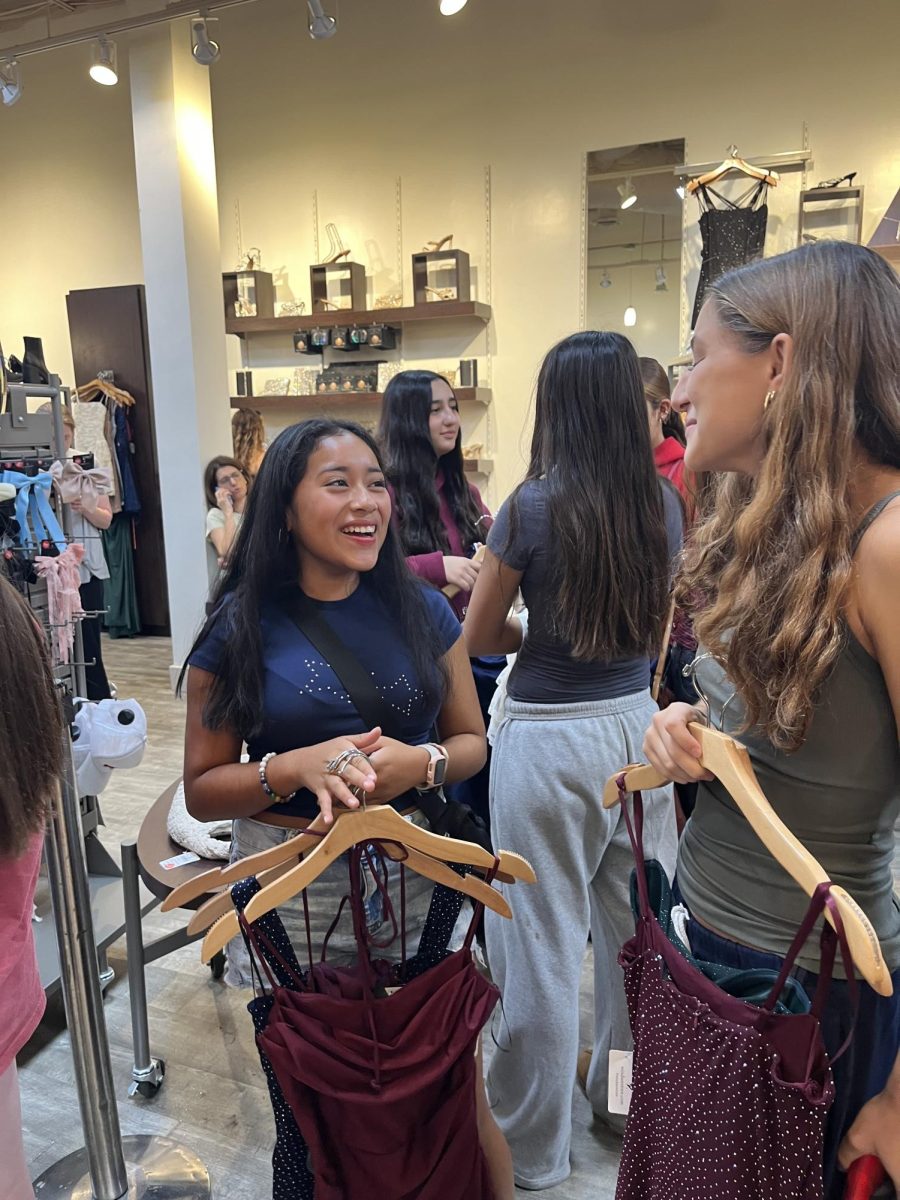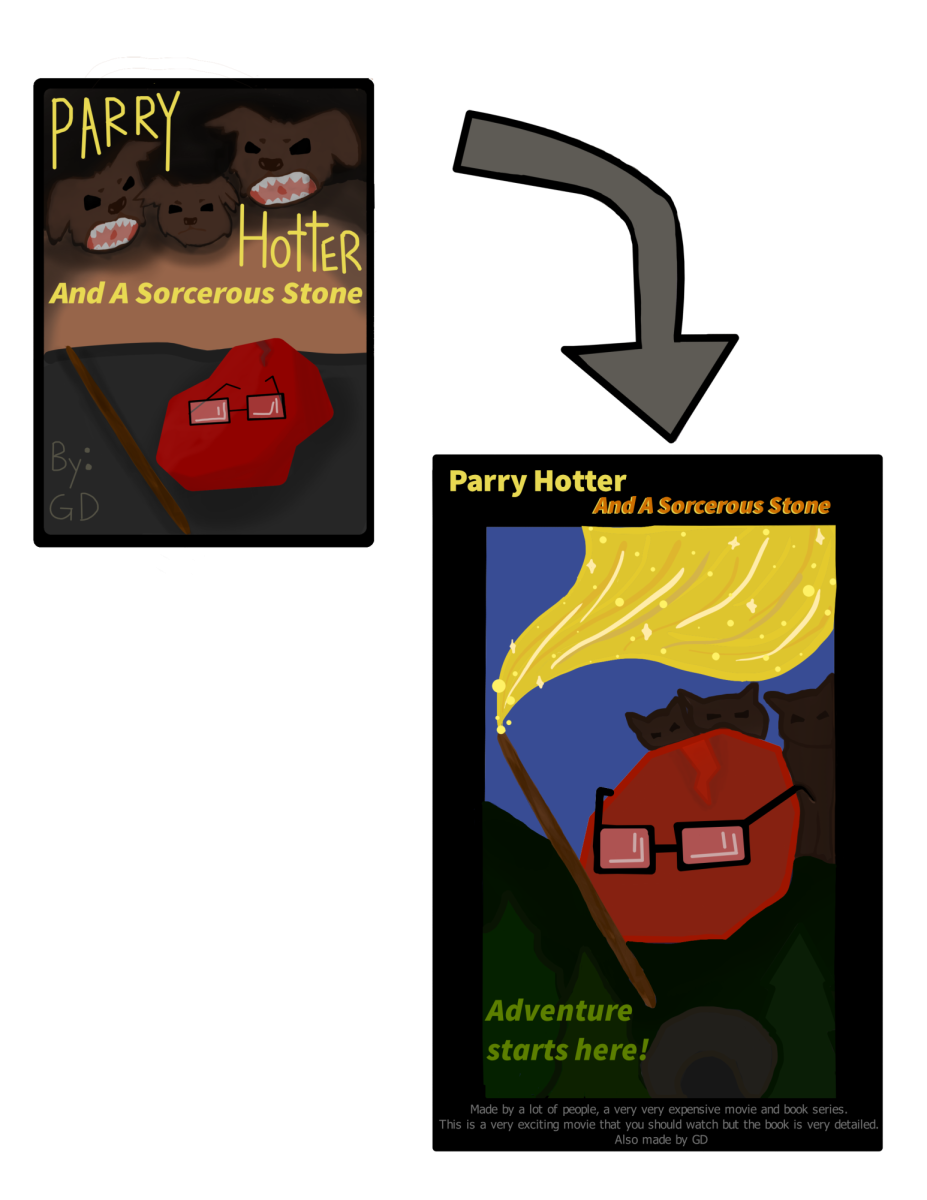
Going into this movie, I had high expectations. A star-studded cast performing one of America’s most beloved classics? A story about what it means to be a woman, actually directed by a woman? Sign me up! However, I had reservations. This would be the fifth movie adaption of the novel, not to mention the countless TV adaptations, a play, and a Broadway musical. Needless to say, I was a little concerned that there was nothing left to explore. Beyond that, how do you adapt a story entrenched in outdated expectations for women to the era of female empowerment? How do you remain faithful to the source material, while recognizing the fact that the author didn’t have complete autonomy over the way it ended? As a massive fan of the book, I was anxious to see how director Greta Gerwig handled these roadblocks. (Spoiler alert: she handled them perfectly)
The story of Meg, Jo, Beth and Amy has been beloved for generations, ever since the publication of Louisa May Alcott’s Little Women in 1868. The novel follows the domestic, often unextraordinary coming-of-age of four young New England sisters in the midst of the Civil War. It serves as one of the most intimate and thorough accounts of what it was like to be a typical American woman in this period, making it a precious document for those interested in women’s history. The book’s sequel, Good Wives, follows the sisters in early adulthood, and is often sold together with the first volume, creating a story that spans roughly a decade in the life of this family.
The problem that filmmakers run into is how to condense such a rich and complex odyssey into a two hour movie. Gerwig achieves this through a unique system of parallel storylines, interspersing scenes of the sisters’ adulthood with scenes of youth. This creates a full narrative that, while possibly confusing for those unfamiliar with the story, is incredibly rewarding for a knowing audience as we see the stark contrast between rosy childhood (filmed with a golden filter to give it a dreamy glow) and the complex adulthood the girls have to navigate as they go forth into the real world.
It can also be difficult to fully develop all four sisters in such a short time, and most adaptations just focus on Jo’s story and let the rest of the sisters play a supporting role. Gerwig’s version definitely focused more on Jo (portrayed by Saoirse Ronan), but not to the detriment of the other sisters’ complexity. I was pleasantly surprised by the characterization of Amy, the youngest and most feminine (and in many versions, most obnoxious) sister. For the majority of the novel, Amy is self-obsessed and materialistic, planning on marrying for money and status and coming across as shallow and unpleasant. Gerwig’s Amy, portrayed by Florence Pugh, has a much more nuanced point of view, delivering a pointed speech about the necessity of marriage for women who have no chance of financial independence.
The ending of Good Wives has always caused controversy within literary spheres, with fiercely independent Jo marrying Mr. Bauer after insisting throughout the novel that she’ll never settle down. Many consider it to be an abrupt and out of character move for Jo, myself included. Behind the scenes, Alcott didn’t exactly have a choice, as her male editors wanted all of the sisters “either married or dead” by the end of the story. Gerwig blends Jo’s storyline with Alcott’s real life struggle, showing Jo’s meeting with an editor to publish her own meta-version of Little Women where they brainstorm a possible marriage for Jo, interspersed with the real scene from the novel in which Jo gets engaged. This way, the audience isn’t quite sure whether Jo married, or if only a fictionalized version of her did.
Gerwig’s Little Women celebrates Jo’s independence without putting down the sisters who decide to go down a more traditional path of marriage and motherhood. By pushing this narrative of the importance of choice, Gerwig produces a perfect exemplification of modern feminism and its emphasis on a woman’s right to choose her path in life, and not be forced to conform to expectations, whether they be from men or other women. Meg explains this to Jo, and in effect the audience, when she says: “Just because my dreams are different than yours, doesn’t mean they’re unimportant.”





















James • Feb 26, 2020 at 11:04 am
This movie sucked